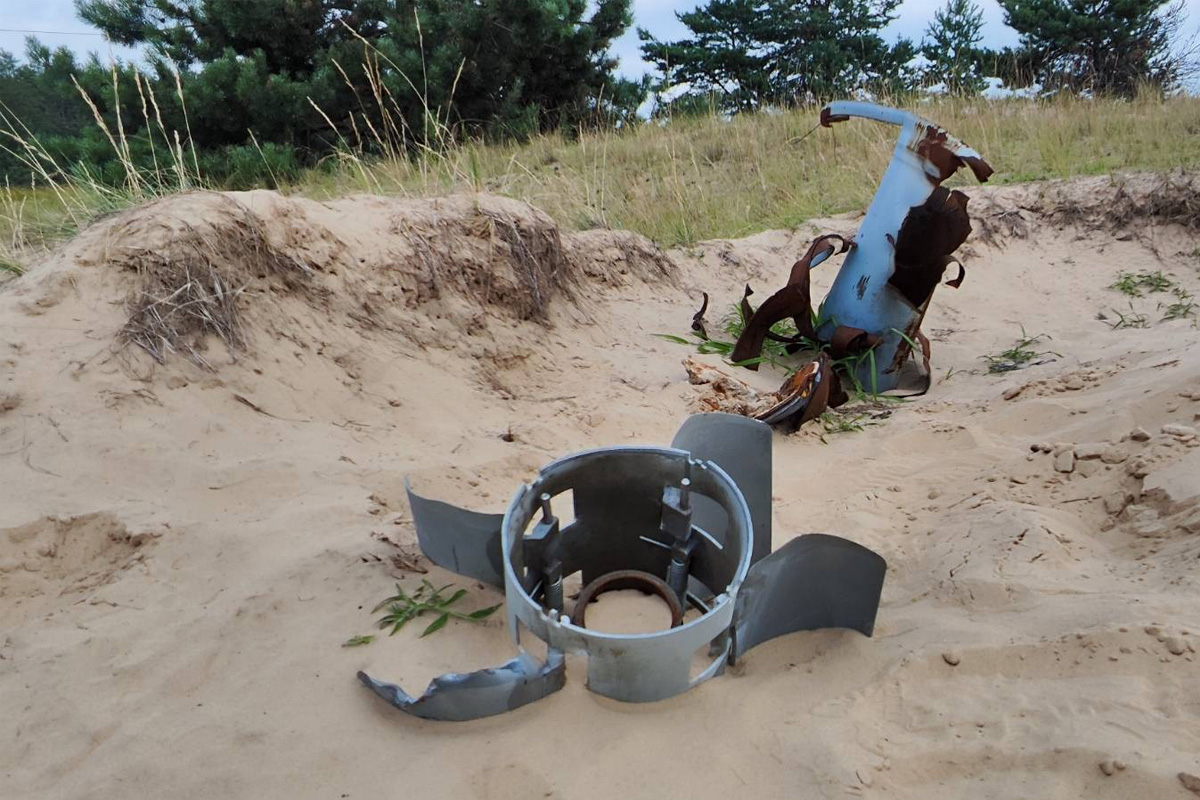Russia War Crimes Diary – Ukraine edition 23
As Russia’s war in Ukraine drags on, the conflict is becoming increasingly violent and the accusations against Moscow of war crimes are mounting, backed up by a mountain of evidence by various authorities and journalists.
At a NATO summit in Vilnius two weeks ago, alliance leaders expressed their continued support for Ukraine to fight Russian aggression, but stopped short of offering Kyiv a clear path to Ukraine’s future membership in the 31-nation alliance.
That decision irked Ukrainian officials who see membership to NATO as one of the only ways to ensure the war-torn country’s security and stability in the face of Russian aggression.
Some NATO members have expressed fear of retaliation from Moscow if Ukraine were to join the world’s largest military alliance.
Meanwhile, the intensive work of international organizations, law enforcement agencies, volunteers and journalists continues to collate evidence of war crimes in order to bring to justice those responsible for the abhorrent crimes.
Investigation points to Russian involvement in massive dam collapse
A joint investigation by journalists from Slidstvo.info and the Schemes project revealed the alleged involvement of the Russian military in the explosion of the Kakhovka hydroelectric dam in June.
The journalists obtained exclusive intercepts of conversations between the Russian military on the day of the catastrophic incident, which indicates that Russian forces received a chain of command to „act on command” .
The investigation also delved into the mining of the hydroelectric plant and uncovered testimonies of employees who suspected secret activities below the plant before the explosion occurred. You can read the full investigation, here.
Ukrainian children abducted and forcibly deported to Russia
For three months after Russia occupied the Ukrainian village of Novopetrivske in Mykolaiv region, students from a local boarding school were forced to stay in a basement without electricity, water or any means of communicating with the outside world. Then things got worse.
Under the guise of evacuation, Russian forces moved the children to the Kherson region and later took the children to Russia without the consent of their parents or guardians.
Journalists at Slidstvo.info tell the story of 16-year-old Yulia, a student from the boarding school and her adoptive mother, Bethany, who is from the United States. For nine months, they could not find a way to take the girl to a safe place because they did not have the necessary documents for her.
“She could become a victim of sexual trafficking,” Bethany said. The journalists managed to identify the alleged perpetrators behind the deportations. You can watch the full video, here.
A father’s race to return his children from Russian abduction
The „How Are You?” project, in cooperation with Radio Liberty, conducted an in-depth investigation into the abduction of 31 children and their subsequent transfer to Russia.
Yevhen Mezhevoy’s three children were among that group who were taken to a children’s camp in Donetsk and later flown to Moscow, where they were held in a children’s camp near the city. Meanwhile, Mezhevoy was himself held in a so-called “filtration camp”. But despite the difficult circumstances, Mezhevoy managed to get out after five days and began a race against time to get his children back.
The journalists managed to identify those behind the abductions. You can find the story, here.
In Mariupol, Ukrainian children were forcibly abducted, taken to Russia
An investigation by the Kyiv Independent has identified Russian-controlled local officials who are allegedly involved in the abduction of children from Mariuopol and followed the struggles of families who risked their lives to get their children back.
Based on their investigation, the Kyiv Independent found that in May last year, dozens of children were taken from occupied parts of Ukraine to Russia, with some later put up for adoption in Russia.
As well as the children being told that Ukraine as a state had been destroyed, they were also given so-called “military patriotic education”.
“From this group, we know that there were cases when children were physically abused,” Yanina Tertychina, a prosecutor at the Prosecutor General’s Office of Ukraine, told the journalist. The stories of the children and their parents can be found here.
Edited by Stephen McGrath
Photo: Dorel Nicolae Oancă


